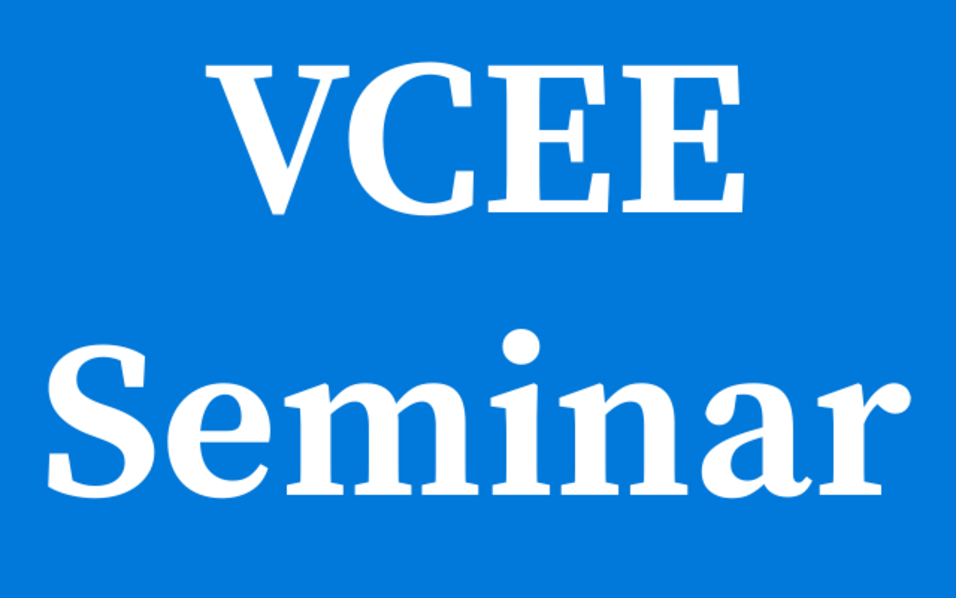Alexia Gaudeul (Competence Centre for Behavioural Insights, European Commission) talks about "Fast then slow: Modelling revisions in the choice process, with an application to context effects".
Abstract:
In this paper we provide choice-process experimental evidence that the attraction effect is a short-term phenomenon, that disappears when individuals are given time and incentives to revise their choices.The attraction (or decoy) effect is the most prominent example of context effects, and it appears when adding a dominated option to a choice set increases the choice share of the now dominant option at the expense of other options. While widely replicated, the attraction effect is usually tested in hypothetical or payoff-irrelevant situations and without following the choice process. We run a laboratory experiment where we incentivize choice, vary the difference in utility between options and track which option participants consider best over time. We find that the effect is a transitory phenomenon that emerges only in the early stages of the choice process to later disappear. Participants are fast then slow: they first choose the dominant option to avoid the dominated decoy and then progressively revise their choices until choice shares come to correspond to price differences only. We expand our analysis by considering differences in utility among options and differences in the presentation of options (numerical or graphical). We also consider differences in the choice processes followed by individuals (intuitive vs. deliberative). This allows us to ascribe more precisely the role of fast and slow cognitive process in the emergence and disappearance of the attraction effect.

